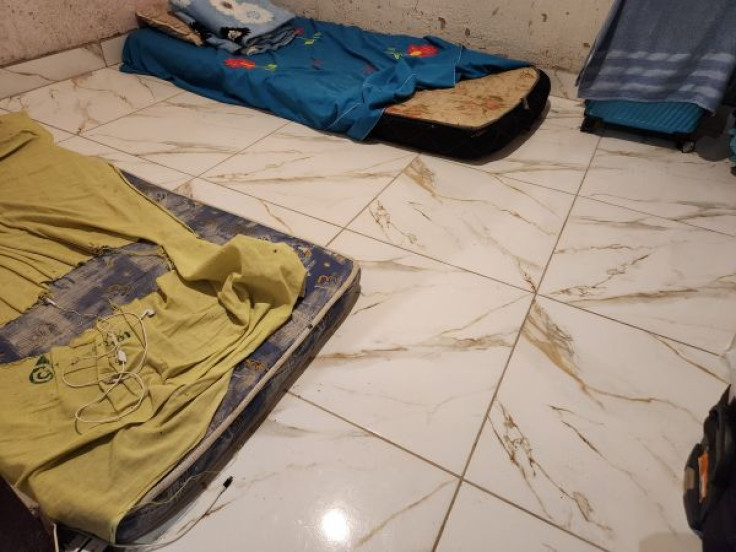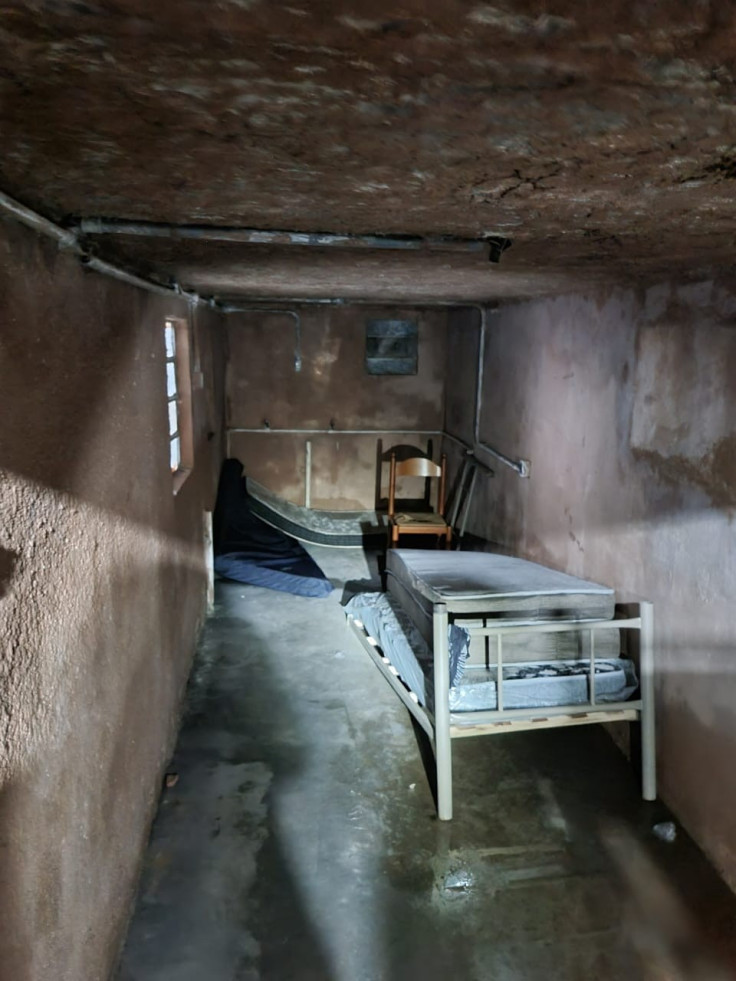
São Paulo, Brazil – On May 13, 1888, Brazil became the last independent country in the Americas to abolish slavery.
More than 135 years later, the practice stubbornly persists within industries across the country, especially considering that last year it recorded the most complaints of slave labor-like conditions since it began tracking reports in 2011.
Data from the Ministry of Human Rights and Citizenship, released in January to GloboNews, showed that authorities received 3,422 reports of people subjected to working conditions analogous to slavery in 2023, a 61% increase compared to the previous year.
But the actual number of people living in slave-like conditions in Brazil is estimated to be much higher, and the ministry data did not include victims of sex trafficking.
The rise in reports may be due to increased awareness and access to channels to report suspicious activity, Tatiana Leal Bivar Simonetti, the Deputy National Coordinator for Eradicating Slave Labor and Combating Human Trafficking for Brazil's Public Labor Prosecution Office, told The Latin Times.
"Over the last few years we've run several campaigns trying to raise awareness of the concept of contemporary slavery, which has not yet been removed from our society, unfortunately. It has just changed the way it operates," Simonetti said. The attorney said new tools have helped identify possible victims, among them the easy to remember "100" hotline and an app to report complaints.

Simonetti also said that authorities last year carried out more rescues of enslaved workers than in past years.
In 2023, of the 3,422 complaints, the Public Labor Prosecution Office reportedly rescued 3,190 people working in slave-like conditions, the most since 2009.
The agricultural sector remains the one with the most affected people, with an estimated 85% of victims of slave-like labor conditions working in the industry. According to the Ministry of Labor and Employment, last year 302 people were rescued in coffee plantations, 258 in sugarcane fields and 249 in agricultural support services such as cleaning and preparing land for planting.
The Public Labor Prosecution Office rescued 212 people working under slave-like conditions on sugarcane plantations in Goiás, in central Brazil, last march. Workers were allegedly lured from poorer areas in the country's northeast with the promise of decent wages and housing.
However, when they got to Goiás, however, they found that their housing lacked toilets and showers, had mold on the walls and leaky roofs. Their employer had also charged them for rent and tools, forcing them into a debt that was nearly impossible to pay off. After their rescue, the victims received three monthly payments of R$1,302 (USD $262) from the Brazilian government and the offending companies were forced to pay R$ 3.855 million (USD $783,100) in damages to the workers.
A month before the rescue on the sugar plantation, 207 other men were rescued from wineries in Rio Grande do Sul, on the southern border with Argentina and Uruguay. The victims were hired by Fênix Serviços Administrativos e Apoio a Gestão de Saúde LTDA, which serviced three local wineries: Aurora, Garibaldi and Salton.
The laborers reported working six days a week from 5:00 AM to 8:00 PM and being monitored constantly by armed security guards. They also reported being physically abused and forced into debt with the company for lodging and food. The wineries were forced to pay R$7 million (USD $1.4 million) in damages to the workers.

This situation is not circumscribed to Brazilians. Last month, 18 male Argentines between the ages of 16 and 61 were rescued from a grape vineyard in Rio Grande do Sul.
According to the Public Labor Prosecution Office, these men, too, were lured from Argentina with promises of good wages and housing, but arrived to find dangerous living and working conditions, and were forced into debt to the vineyard. The workers will reportedly receive three installments of R$ 1,412 (USD $285) in compensation and the 16-year-old was sent back to Argentina.
"It's a set of conditions in which the worker is treated as if they were a thing, as if they were an animal; often even worse than an animal," said Simonetti.
Brazil's Penal Code, in article 149, defines work analogous to slavery as "characterized by subjecting someone to forced labor or exhausting working hours, either subjecting them to degrading working conditions or restricting, by any means, their movement due to a debt contracted with the employer or his agent."
According to the Global Slavery Index from the NGO Walk Free, five in every 1,000 people in Brazil work in slave-like conditions, which is on par with the average for the rest of the Americas.
Other Latin American countries like Venezuela (9.5 per 1,000), El Salvador (8.1 per 1,000), Colombia (7.8 per 1,000) and Guatemala (7.8 per 1,000), lead the region in the prevalence of slave-like conditions. The United States counts 3.3 people in slave-like conditions per every 1,000.
© 2024 Latin Times. All rights reserved. Do not reproduce without permission.







